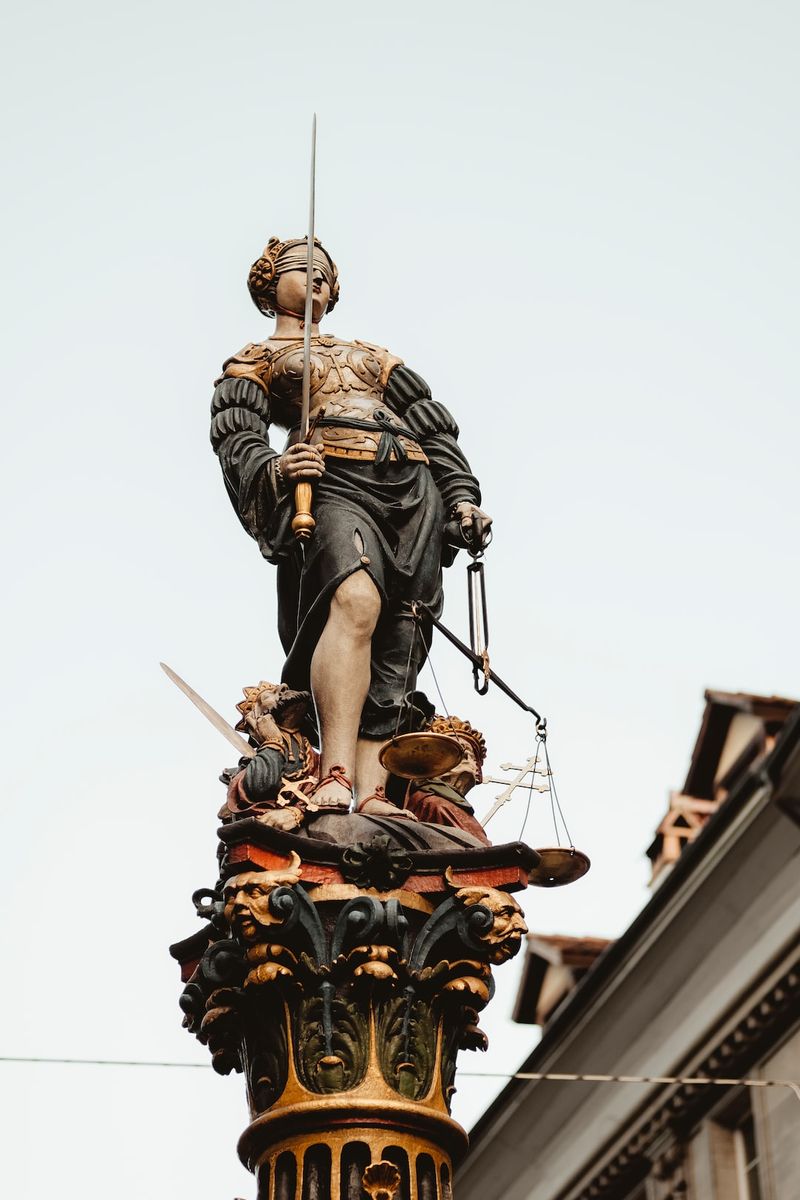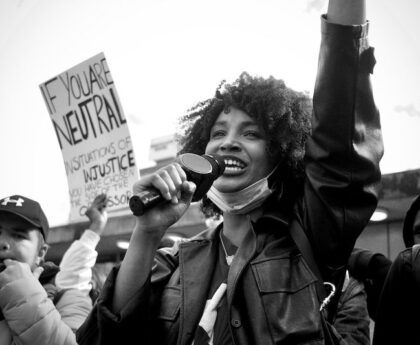Trump‘s Potential Indictment: Justice at Last or a Dangerous Precedent?
Introduction
The specter of a potential indictment against former President Donald Trump looms large as the country grapples with the aftermath of the January 6th Capitol riot. The possibility of Trump facing legal consequences for his alleged role in inciting the insurrection has raised significant questions about justice, accountability, and the future of American democracy. While some Americans applaud the prospect of holding Trump accountable, others warn of the dangers of using the legal system to settle political scores. This report seeks to delve into the complexity of this issue, examining both the philosophical and practical consequences of a potential indictment against the former president.
Background: The Capitol Riot and its Fallout
On January 6th, 2021, a violent mob stormed the U.S. Capitol, seeking to overturn the results of the 2020 presidential election. The riot resulted in the deaths of several individuals and massive damage to the Capitol building. The event shocked the nation and raised serious questions about the stability of American democracy.
In the aftermath of the Capitol riot, many have pointed to former President Donald Trump‘s rhetoric as a primary instigator of the violence. Trump‘s repeated false claims about election fraud and his fiery speech on the day of the riot have led some to argue that he bears responsibility for inciting the attack on the Capitol.
The Legal Landscape
The prospect of indicting a former president is not without precedent but is certainly unprecedented in modern American history. However, whether or not Trump can be held criminally accountable for his words and actions surrounding the Capitol riot remains an open question.
Proponents of a potential indictment argue that no one, including a former president, should be above the law. They believe that holding Trump accountable for his alleged incitement would send a powerful message about the sanctity of American democracy and the rule of law.
Opponents of Trump‘s indictment, on the other hand, caution against weaponizing the legal system for political purposes. They fear that such an action could create a dangerous precedent, allowing future administrations to pursue politically motivated charges against their predecessors. This, they argue, could further divide the country and undermine public trust in the justice system.
Philosophical Discussion: Justice, Accountability, and Precedent
The potential indictment of Donald Trump raises complex philosophical questions about the nature of justice, accountability, and the role of institutions in a democratic society.
The first question revolves around the concept of justice. Is it just to hold a former president legally accountable for decisions made while in office? Some argue that Trump‘s alleged incitement of the Capitol riot represents a clear violation of the social contract between a leader and their constituents. They contend that justice demands consequences for those who abuse their power and undermine the democratic process.
Others, however, caution against conflating political accountability with legal culpability. They argue that criminal charges should be reserved for clear-cut cases of wrongdoing, rather than potentially vague and subjective claims related to political speech. They fear that the line between political disagreements and criminal incitement could become dangerously blurred if legal action is pursued in this case.
The second question centers around accountability. Holding political leaders accountable for their actions is a crucial aspect of a functioning democracy. Yet, the manner in which that accountability is achieved is equally important. Critics of a potential indictment argue that there are other avenues available, such as congressional investigations or civil lawsuits, through which Trump can be held accountable without risking the politicization of the legal system.
Lastly, the question of precedent is of utmost importance. Indicting a former president could set a new precedent regarding the extent of legal accountability for those who have held the highest office in the land. The potential consequences and long-term implications of such a move are uncertain and have the potential to influence the actions of future presidents and their administrations.
Editorial: Striking an Equilibrium
As the nation grapples with the question of whether or not to indict Donald Trump, it is vital to strive for a balanced and fair approach. Striking an equilibrium between justice, accountability, and the preservation of democratic institutions is no easy task, but it is necessary for the effective functioning of our democracy.
Rather than rushing to judgment or dismissing the idea of an indictment altogether, a thorough and objective investigation is essential. Gathering all available evidence and examining it in a measured and impartial manner can help ensure a fair outcome. This may involve a collaborative effort between the Department of Justice, independent investigators, and appropriate congressional committees.
Ultimately, it will be up to the justice system to determine if Trump‘s actions warrant criminal charges. However, apart from legal proceedings, there are several alternative paths to accountability that should be explored, such as congressional inquiries or a Truth and Reconciliation Commission. These mechanisms can help address the serious concerns raised by the Capitol riot and provide a fuller picture of the events leading up to it.
Advice: The Imperative of Unity
Regardless of the outcome, it is crucial for the nation to prioritize unity and healing in the aftermath of this divisive event. The wounds inflicted by the Capitol riot run deep, and the path to reconciliation will require concrete efforts from all Americans.
Political leaders, regardless of party affiliation, must set an example by fostering a spirit of collaboration and bipartisanship. The healing process should be accompanied by substantial reforms aimed at strengthening democratic institutions, safeguarding against future abuses of power, and fostering greater transparency in government.
In addition, members of the public have a responsibility to engage in informed and constructive dialogue. Engaging in thoughtful discussions across ideological lines can help bridge the gaps that have divided the nation. By seeking common ground and understanding, Americans can work towards shared solutions and the preservation of democratic values.
Conclusion
The potential indictment of Donald Trump represents a pivotal moment in American history. While it raises complex questions about justice, accountability, and precedent, it also offers the opportunity to strengthen democratic norms and institutions. Striking a balance between holding leaders accountable and safeguarding the rule of law is crucial for the healing and future prosperity of the nation. By pursuing a fair and comprehensive investigation, exploring alternative avenues for accountability, and prioritizing unity, the country can navigate this challenging period and emerge stronger on the other side.

<< photo by Joel & Jasmin Førestbird >>
The image is for illustrative purposes only and does not depict the actual situation.
You might want to read !
- Tanya Chutkan: Examining the Hard-line Judge’s Role in Trump’s Election Case
- No-Hitting History: Astros Commemorate Verlander Trade with Valdez’s Masterful Performance
- The Battle of the Titans: Liverpool vs. Bayern Munich in a Clash for Glory
- The Tactical Battle: Liverpool vs Bayern Munich – Analysis and Reactions
- Lizzo Faces Legal Battle: Former Dancers File Lawsuit Alleging Sexual Harassment
- Marlins Make a Splash by Acquiring White Sox’s Jake Burger
- Introducing “Velocity Unleashed: Cedar Point’s Epic Top Thrill 2 Roller Coaster Soars to New Heights!”
- The Fallout from the Jean Segura Trade: Phillies Release the Infielder




